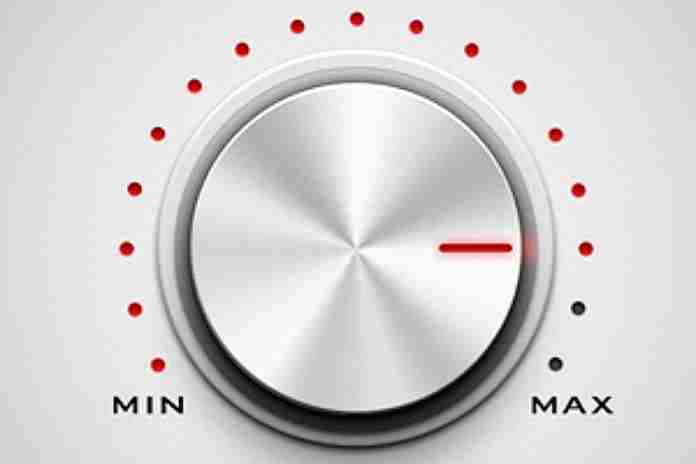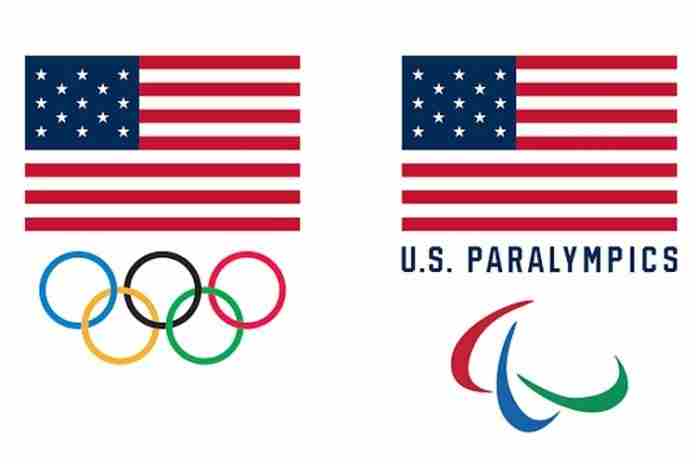“I think the goal is definitely to get to the 24th July and the Tokyo Olympic Games but we also have to be realistic and not panic at this stage and know that this landscape is changing hourly and daily for everyone around the world and we share the concerns.”
That was South Africa’s Kirsty Coventry, the head of the IOC’s Athletes Commission – and a seven-time Olympic medalist in swimming – commenting after a two-hour conference call with 220 athlete representatives, who asked 40 questions to her, IOC President Thomas Bach (GER) and the top IOC staff members.
There was no change in the IOC’s position that there is considerable time left prior to the 14 July opening of the Olympic Village in Tokyo and the Opening Ceremony on 24 July. But that is quickly becoming secondary, as the voice of the elite athlete – the folks who are in contention for medals – is being heard louder and louder.
Brazilian sprinter Bruno Fratus, a four-time World Championships medalist, replied to Coventry on Twitter:
Kirsty, as a fellow swimmer and olympian I'd urge you to reconsider and consult with some other athletes around the world.
Not sure if you're aware of the the many athletes like myself incapable of even training.— Bruno Fratus (@BFratus) March 19, 2020
“1/Kirsty, as a fellow swimmer and olympian I’d urge you to reconsider and consult with some other athletes around the world.
“Not sure if you’re aware of the the many athletes like myself incapable of even training.
“2/Also, the advice of “keep doing what you’re doing” seems disconnected with reality when we have world leaders daily on television asking people to stay home and isolate ourselves.
“3/Postponing the Olympic Games would not only give the world peace of mind but also allow that everyone could prepare properly, ensure fairness and maintain the technical level of the competition. Much love from Brazil #tokyo2021″
The difficulties in training and the possibly unequal opportunities to be ready for Tokyo among the medal-class athletes is now an increasingly louder voice. On Wednesday, USA Today reported that the U.S. Olympic Training Centers in Colorado Springs and Lake Placid are both being closed for the next 30 days and possibly longer.
Wrote Sam Mikulak, the top American hope for medals in men’s gymnastics, “Out of training for a month. I know I’m not alone on this, how is everyone else dealing with their Olympic preparation in these times?”
A USA Today column by Christine Brennan quoted reigning Olympic breaststroke champ Lilly King, who trained at Indiana University in Bloomington:
“The athletes’ lives have truly been turned upside down by this. Most of us are struggling to find places to let us in to work out. Many don’t know where they are training tomorrow. We have to prepare as if the Olympics are going on as planned, even if our training plans have completely changed within the last week.”
and
“A lot of the swimmers are based out of the university. We don’t really have a place to train right now. So it’s just been kind of bouncing back and forth to training at a YMCA, seeing if we can get in a country club somewhere.”
The matter was put more bluntly by Comite Olimpico Espana President Alejandro Blanco, in a statement carried by Reuters:
“The decision is for the International Olympic Committee [to make] after getting reports from the World Health Organisation and the organising committee.
“The news that we get every day is uncomfortable for all countries in the world, but for us the most important thing is that our sportspeople cannot train and to celebrate the Games would result in unequal conditions.
“We want the Olympics to take place, but with security. We’re an important country in the world and four months before the Games, our athletes can’t arrive in equal conditions.”
This is a completely different question than whether the coronavirus will subside in Japan sufficiently to allow the Games to take place as scheduled. On Thursday (19th), the state of emergency on the northern island of Hokkaido – which includes Sapporo, where the marathons and race walks are scheduled – was lifted as planned, after three weeks.
How this plays forward is impossible to tell, given the difficult conditions for athletes in Europe and the U.S. to finding training time, facilities, sports medicine support and all the rest.
IOC President Bach said after the conference call, “We will address this action and we will keep acting in a responsible way that is in the interest of the athletes whilst always respecting our two principles. The first priority being safeguarding the health of the athletes and contributing to the containment of the virus and secondly to protect the interest of the athletes and Olympic sport and this was the spirit of this very productive call.”
What is becoming clearer is that there are differing interests among athletes: those who want to compete in an event which will be the highlight of their lives, and those for whom Tokyo is a business trip, a very serious business trip, with significant risks and rewards.
And they want to be at the top of their game … but will that be possible?
Rich Perelman
Editor
You can receive our exclusive TSX Report by e-mail by clicking here. You can also refer a friend by clicking here.

























